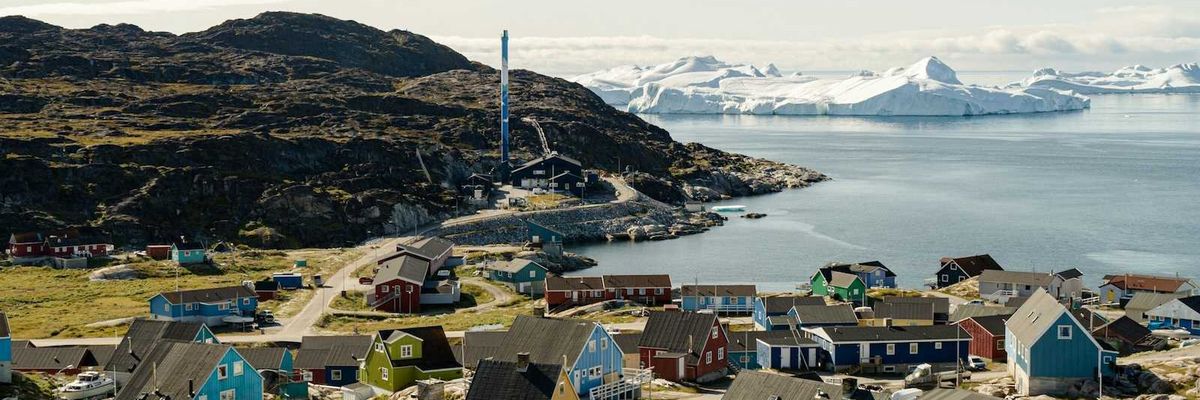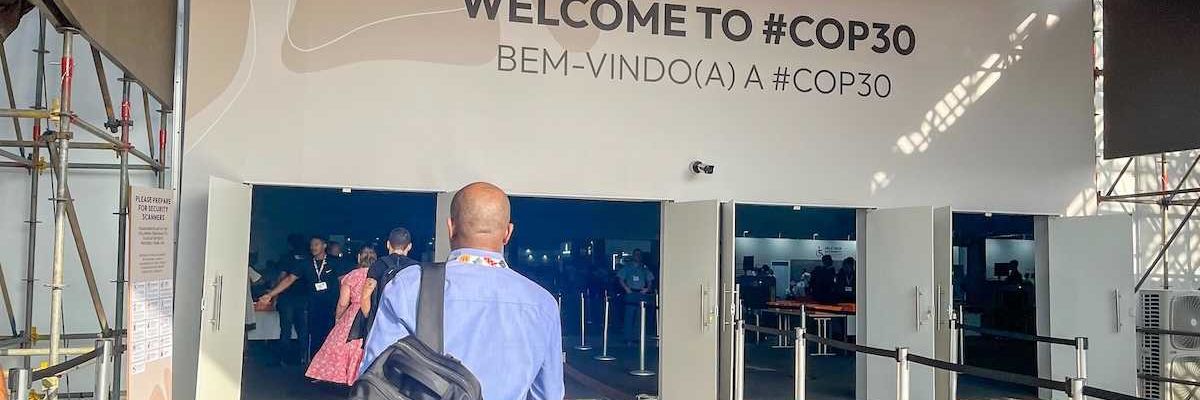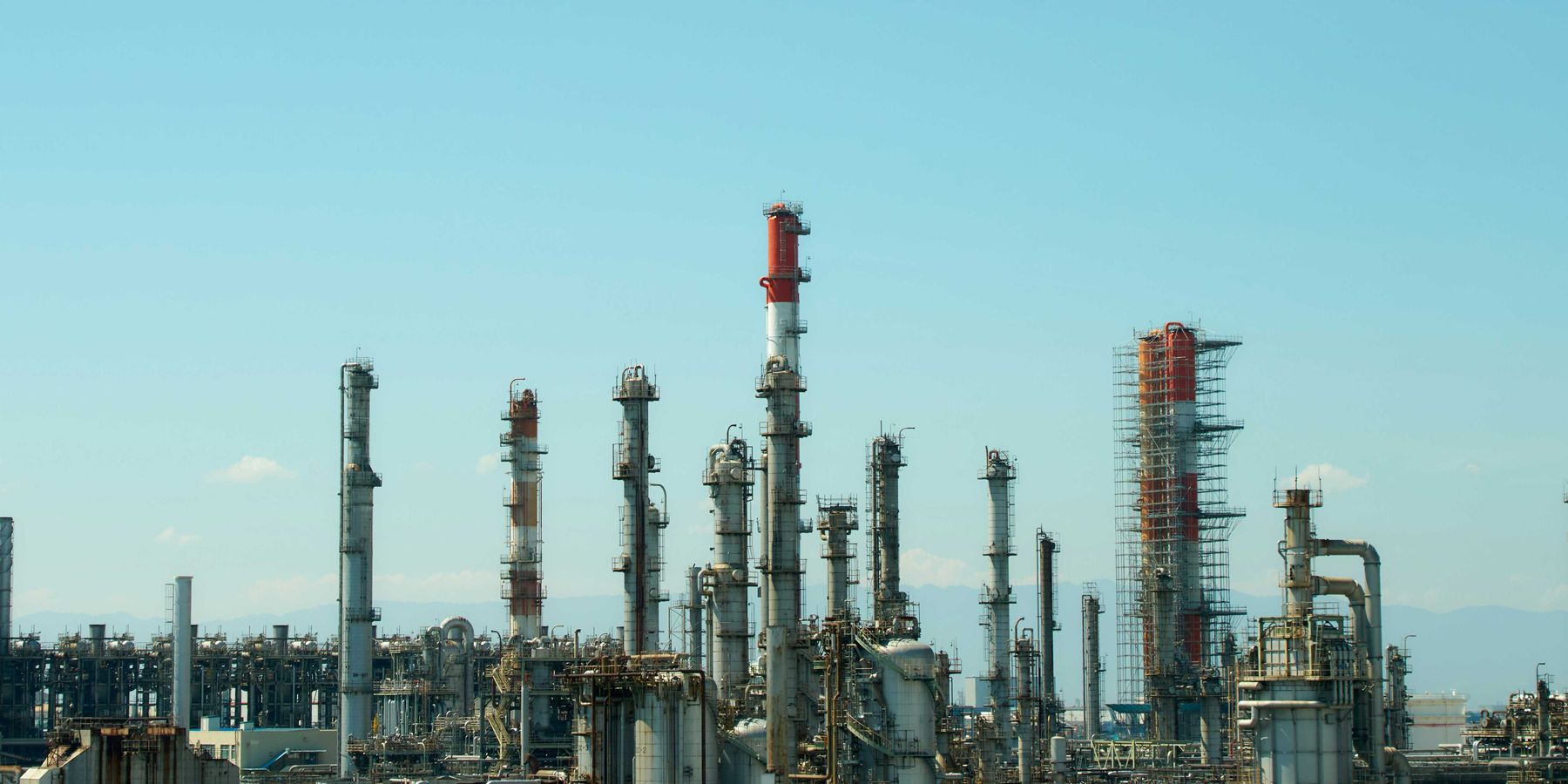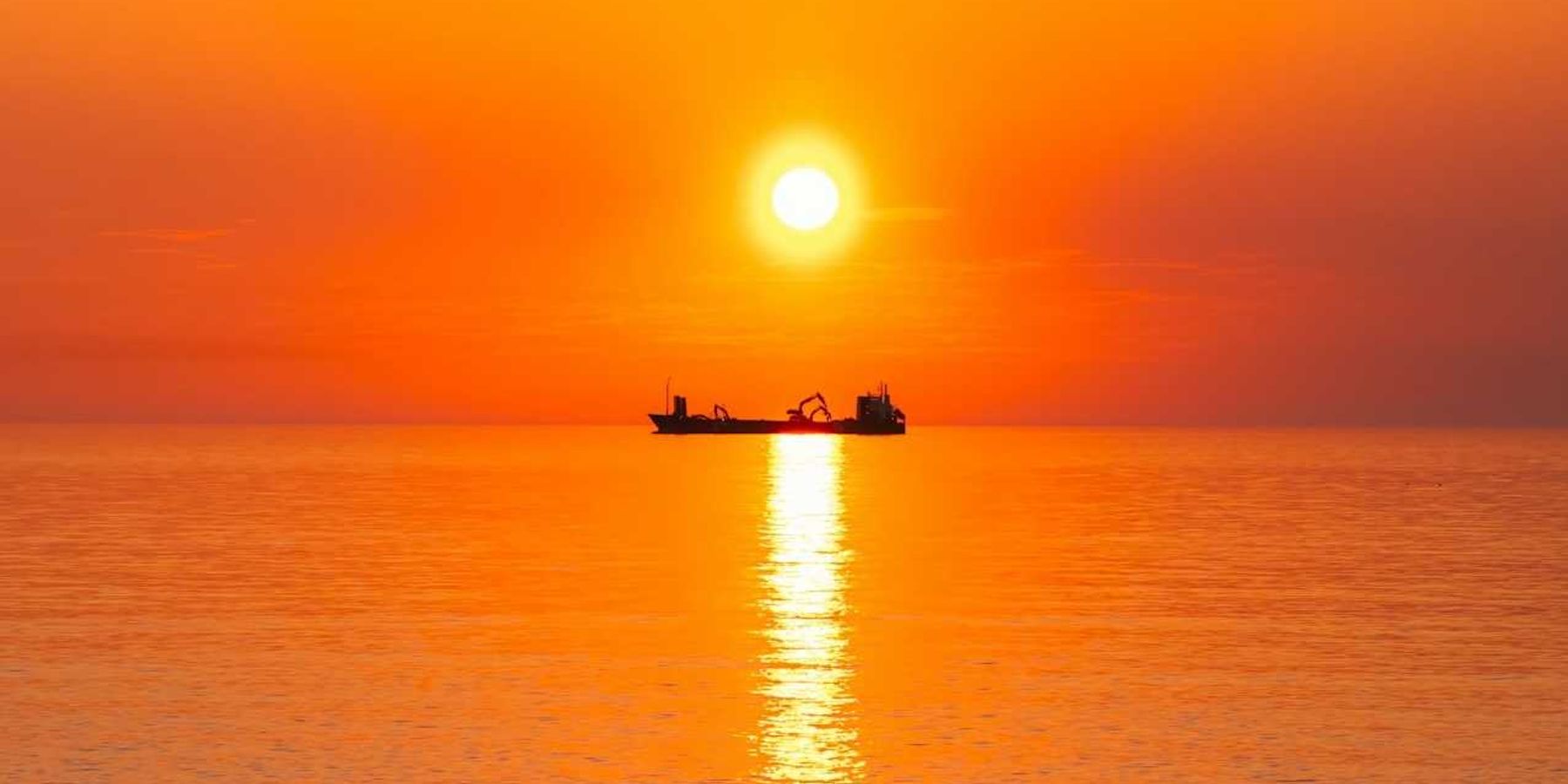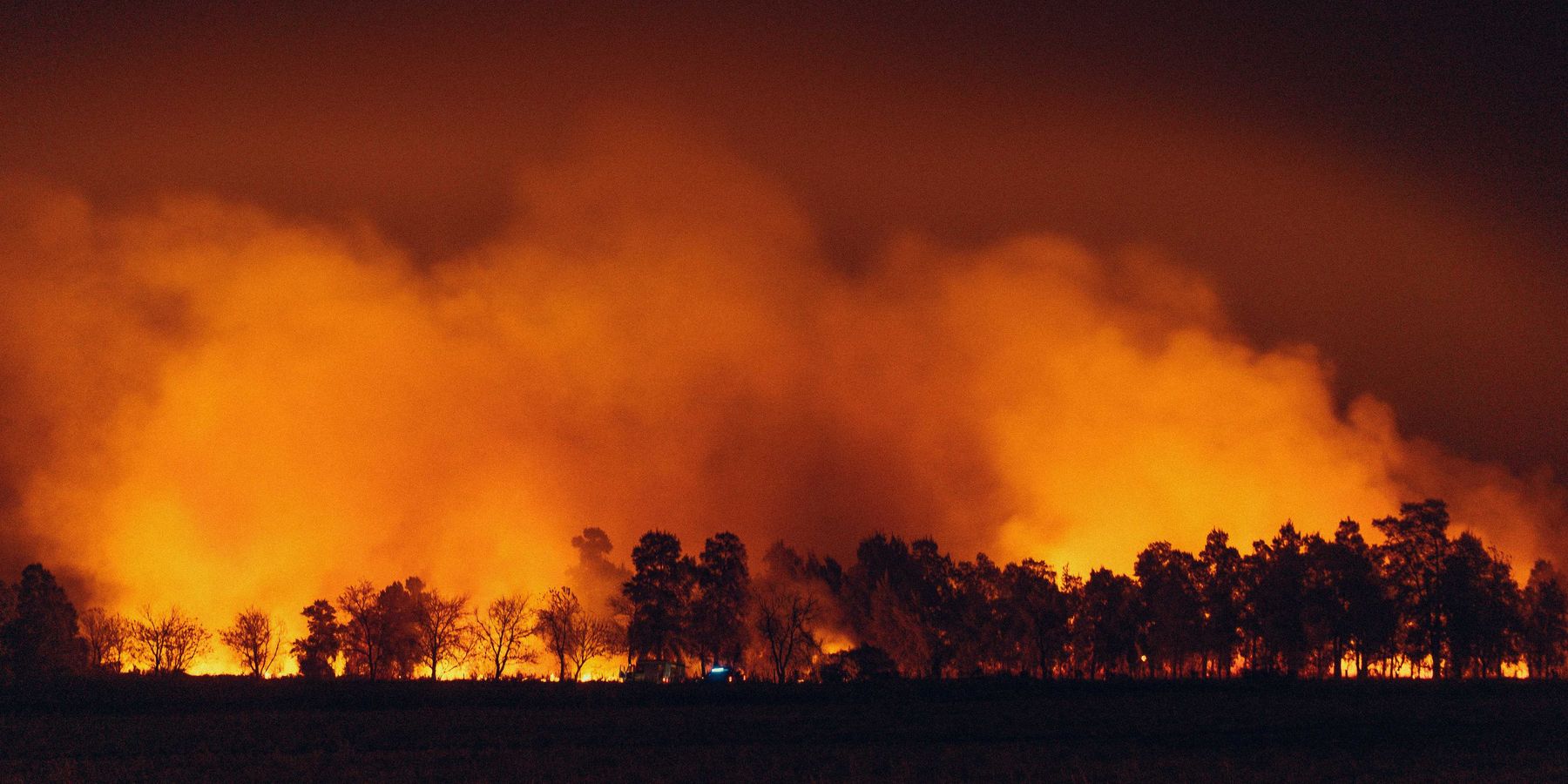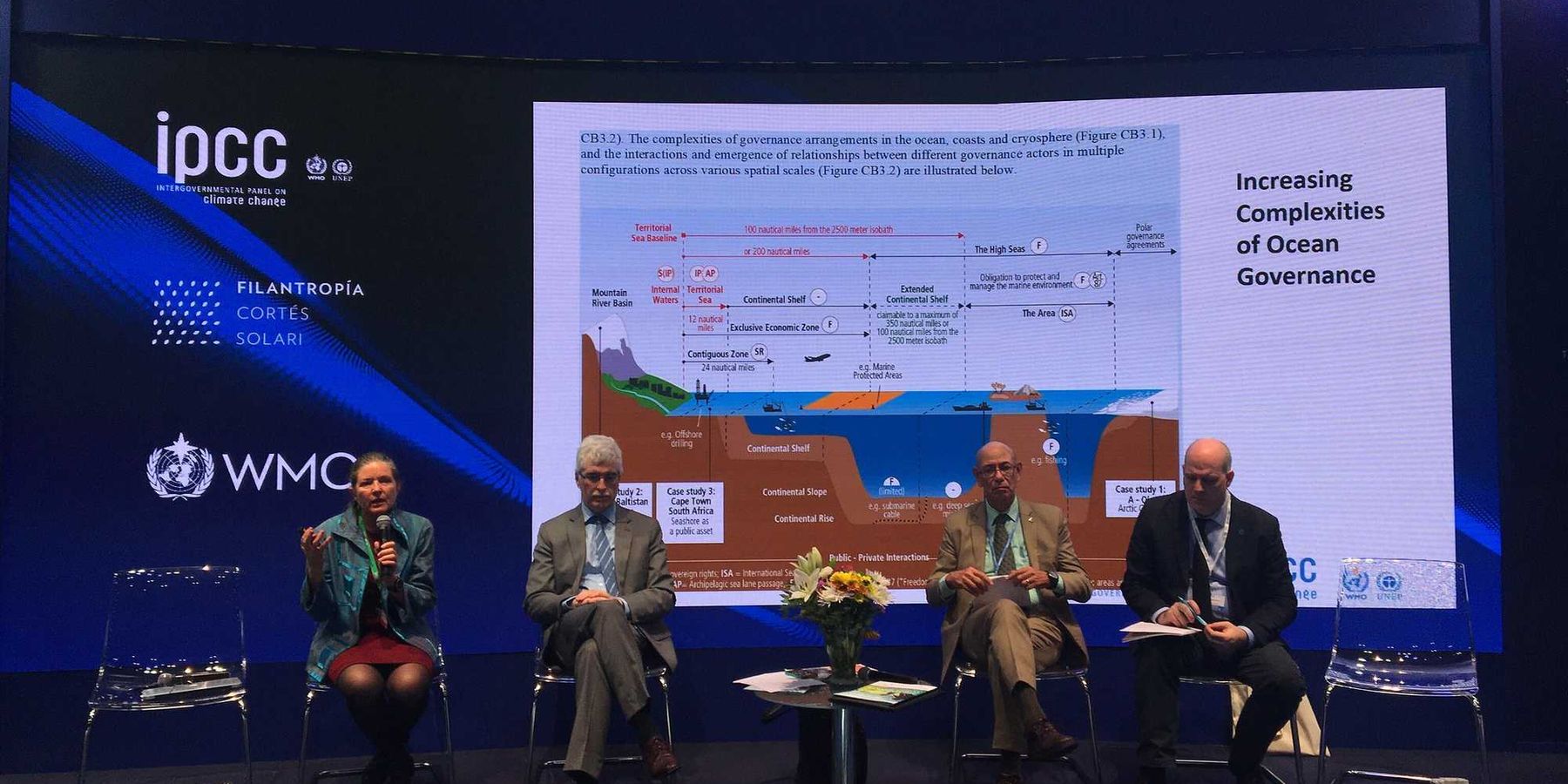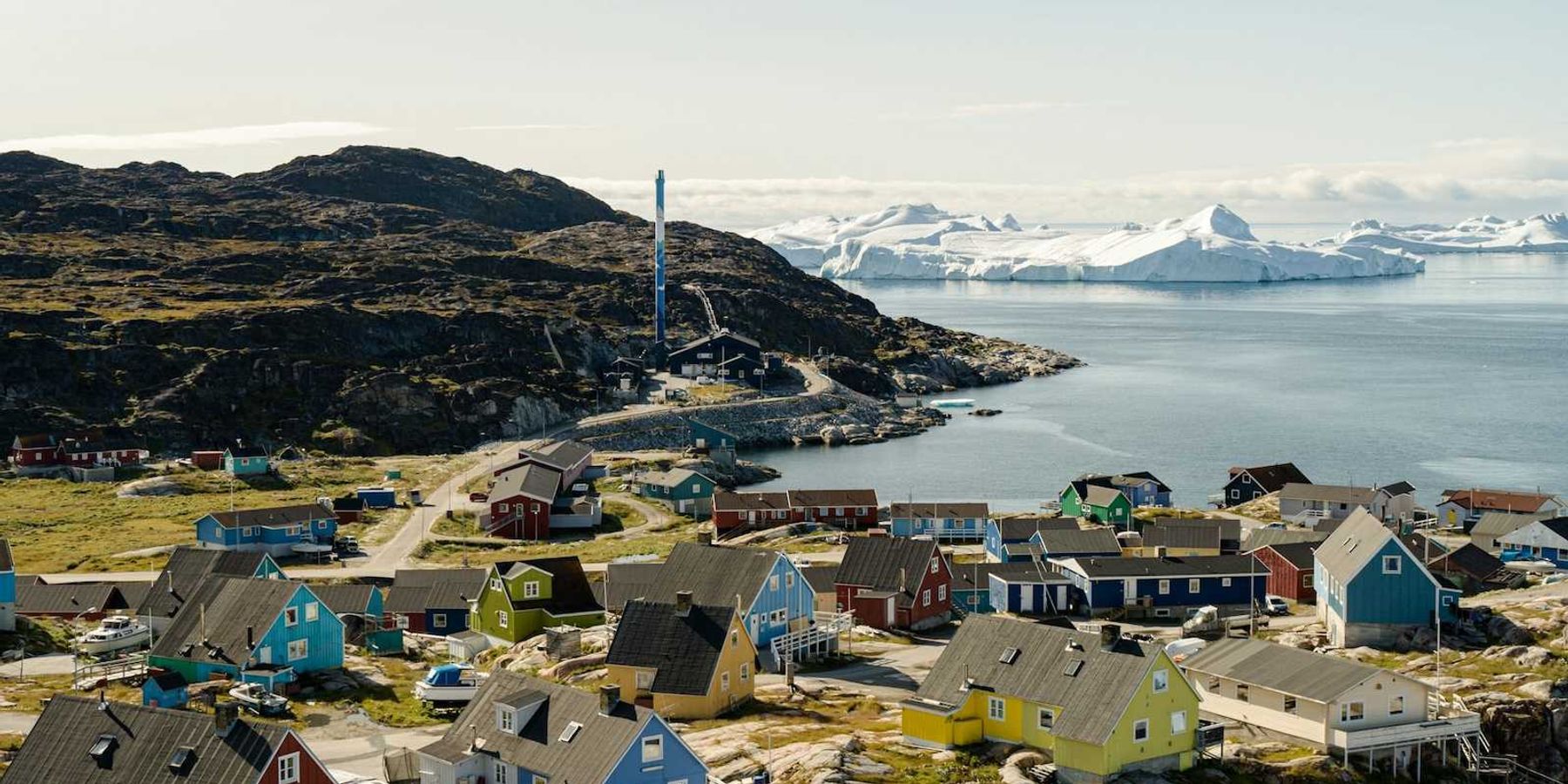transport
Labour proposes extensive overhaul to decarbonise UK transport
Labour plans to revamp the UK's transport system with measures including bolstering bus services, building cycle paths, and reopening old railway lines to achieve net zero carbon emissions.
In short:
- Labour's proposals include rail nationalisation and establishing Great British Railways to streamline services.
- The Green Party suggests reopening local rail links and expanding cycling and walking routes.
- Labour also plans to invest in bus services and promote electric vehicles to reduce carbon emissions.
Key quote:
“Transport choices account for about a quarter of carbon emissions, and so are vital in any plans to reach net zero.”
— Ellie Chowns, MP, Green Party
Why this matters:
Labour's ambitious transport overhaul represents a significant step towards a greener, more sustainable future. It addresses both environmental and public health concerns, promoting cleaner air and healthier living through improved public transport and increased physical activity. As the UK strives to meet its climate goals, these measures could serve as a model for other nations grappling with the challenge of reducing carbon emissions in the transport sector.
Biden aims to revive Mississippi River transport to reduce emissions
President Biden plans to modernize Mississippi River transport with $2.5 billion to cut emissions, but environmentalists raise concerns.
In short:
- Biden's administration has allocated $2.5 billion from the bipartisan infrastructure law to upgrade river transportation.
- Transporting goods via barge uses significantly less fossil fuel compared to trucks and trains, potentially lowering greenhouse gas emissions.
- Environmentalists warn that river infrastructure projects may harm fish and wildlife and dispute the efficiency claims of river transport over other methods.
Key quote:
“There is a lot of myth around inland navigation, a lot of romanticism, that really doesn’t bear out.”
— Olivia Dorothy, restoration director, American Rivers
Why this matters:
Transporting goods via barge offers a greener alternative to traditional methods like trucking and rail. Barges consume significantly less fossil fuel, which could lead to a substantial reduction in greenhouse gas emissions. This efficiency makes river transport a seemingly attractive option in the fight against climate change, aligning with the administration's broader environmental goals
Turbulence on flights is getting worse because of climate change
Climate data from 1979 to 2020 shows that clear air turbulence is occurring more frequently – a predicted consequence of a warmer atmosphere.
Critics of Gibbstown plan for liquefied gas transport warn of global-warming impact
A controversial proposal to move liquefied natural gas by truck and train from northeastern Pennsylvania to South Jersey for overseas export would produce greenhouse gas emissions equivalent to 2 million cars every year over 25 years, according to a new environmental impact study commissioned by the plan’s opponent
EU chiefs flew to UN climate talks in private jet
EU approves 2035 ban on sales of gas-powered cars
EU countries have approved an end to the sale of gas-powered cars in 2035, allowing the law to enter into force.
TfL launches massive climate change plan after losing £10million due to flooding and heatwave
Transport for London is to step up its plans to make its operations more resilient to the effects of climate change after losing over £10million in revenue due to extreme weather incidents.


